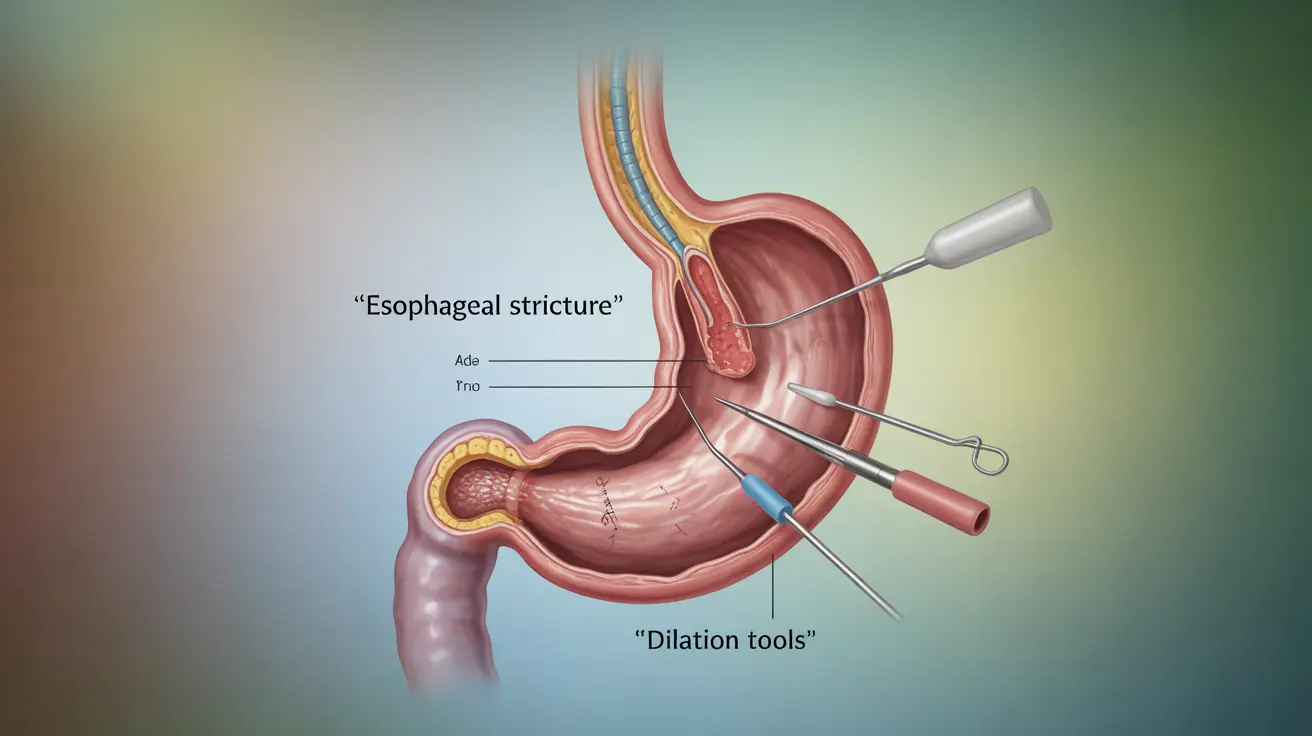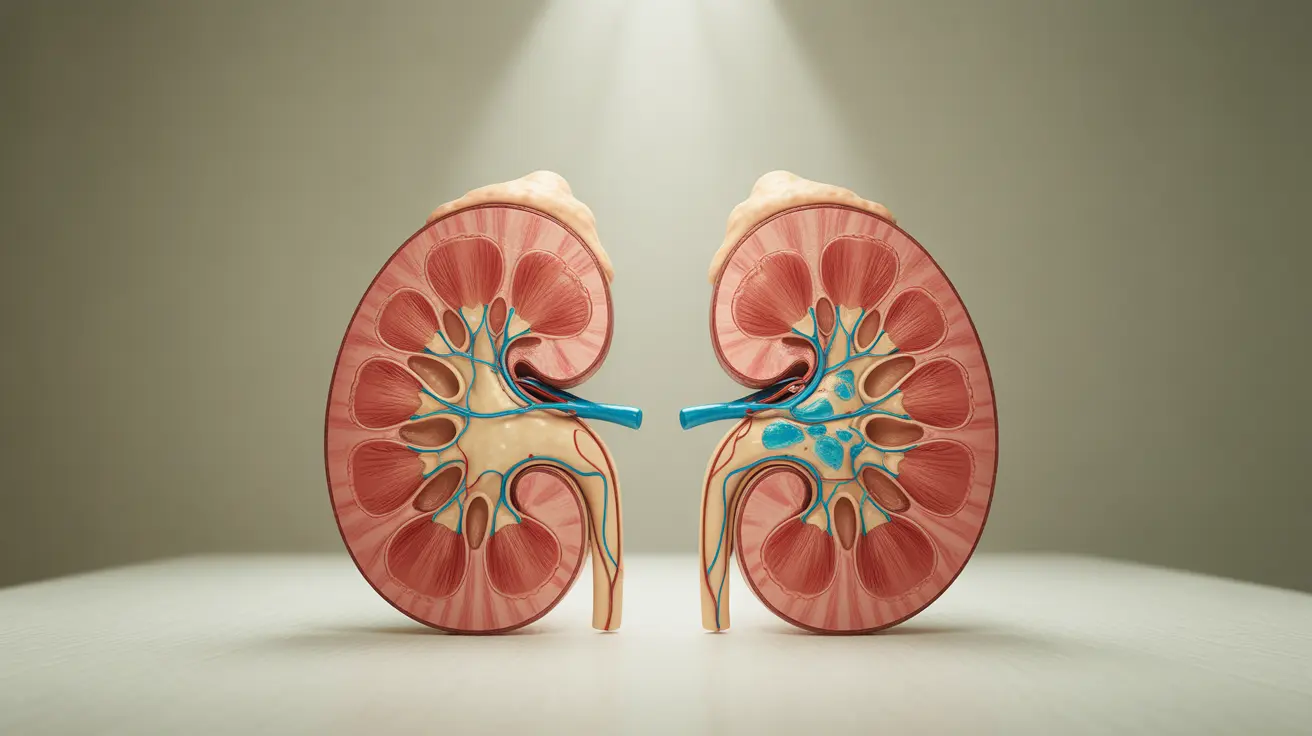Many Americans rely on Medicare and Medicaid for their healthcare needs, but understanding the financial implications of these programs is crucial, especially regarding estate recovery. A common concern among beneficiaries is whether Medicare has estate recovery provisions similar to Medicaid's well-known recovery program.
This comprehensive guide will clarify the key differences between Medicare and Medicaid estate recovery, helping you understand your rights and responsibilities under both programs.
Medicare vs. Medicaid Estate Recovery: The Fundamental Differences
The most important distinction to understand is that Medicare does not have an estate recovery program. Unlike Medicaid, Medicare is primarily an insurance program that beneficiaries pay into throughout their working years through payroll taxes. This fundamental difference means that Medicare beneficiaries' estates are not subject to recovery claims for services received.
Medicaid, however, does implement estate recovery as required by federal law, specifically targeting benefits provided for long-term care services and related costs.
Understanding Medicaid Estate Recovery
Medicaid's estate recovery program (MERP) is designed to recoup costs paid for long-term care services provided to beneficiaries aged 55 and older. This program becomes active after the beneficiary's death and can affect various assets within their estate.
Assets Subject to Medicaid Recovery
The following assets may be subject to Medicaid estate recovery:
- Real property (homes and land)
- Bank accounts
- Vehicles
- Stocks and bonds
- Other real and personal property
Protections and Exemptions
Several important protections exist within the Medicaid estate recovery program:
- Recovery cannot occur while a surviving spouse is living
- Recovery is prohibited if there are surviving dependent children
- Some states offer additional protections for modest estates
- Hardship waivers may be available in certain circumstances
Medicare Coverage and Financial Protection
Medicare beneficiaries can rest assured that their estates are protected from recovery claims. However, understanding Medicare's coverage limitations is essential for proper financial planning:
- Medicare Part A covers hospital stays and related services
- Medicare Part B covers outpatient care and medical services
- Medicare Part D provides prescription drug coverage
- Medicare Advantage (Part C) offers alternative coverage through private insurers
Frequently Asked Questions
Does Medicare have an estate recovery program like Medicaid?
No, Medicare does not have an estate recovery program. Medicare is an insurance program funded through payroll taxes and premiums, and it does not seek reimbursement from beneficiaries' estates after death.
What assets can Medicaid recover from an estate under their estate recovery program?
Medicaid can recover from various assets in the estate, including homes, bank accounts, vehicles, and other personal property. However, the specific assets subject to recovery may vary by state and circumstances.
Can Medicaid take my home if I receive long-term care benefits?
While Medicaid can potentially claim your home after your death if you received long-term care benefits, there are important protections in place. Your home cannot be taken while you're living, while your spouse is living, or if you have dependent children.
How does Medicaid estate recovery work if I have a surviving spouse or dependents?
Medicaid estate recovery is prohibited while a surviving spouse is living or if there are surviving dependent children. Recovery can only occur after the death of both spouses and when there are no qualifying dependents.
What are the main differences between Medicare and Medicaid in terms of estate recovery and asset protection?
The primary difference is that Medicare has no estate recovery program, while Medicaid does. Medicare is an insurance program funded through payroll taxes and premiums, whereas Medicaid is a needs-based program that may seek recovery of benefits paid for long-term care services from the estates of deceased beneficiaries.




